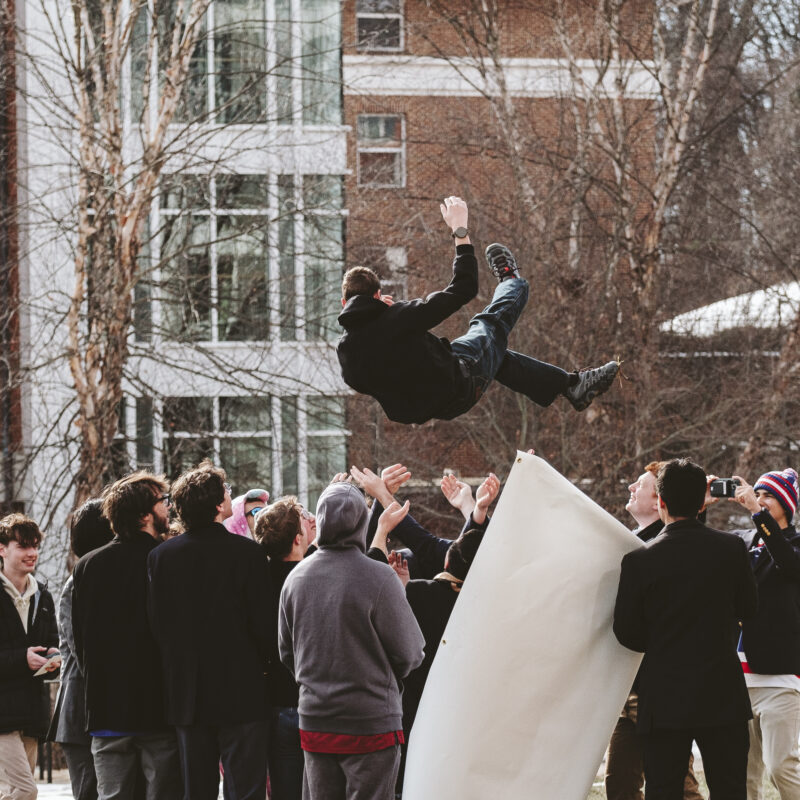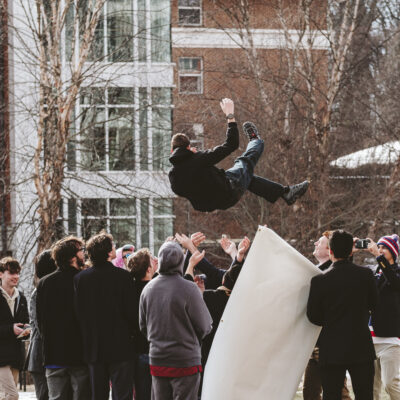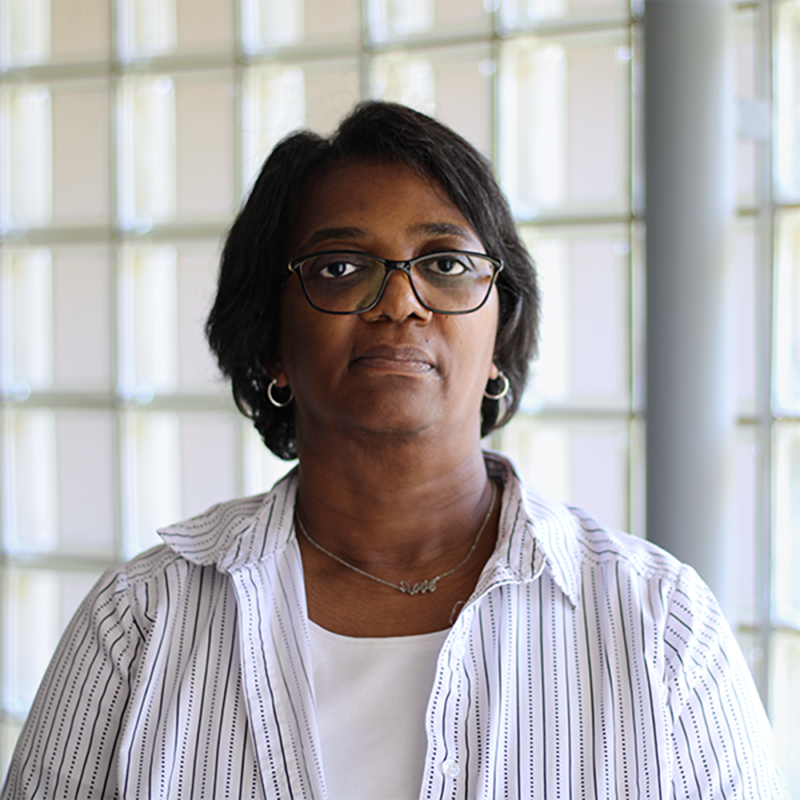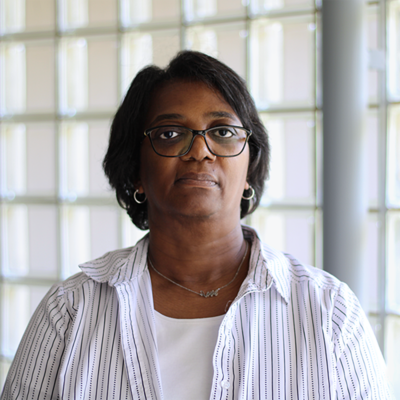| More features:
Caught! Advance America’s pocketbook Know the score Leading the lending fight You call this reform? |
With their triple-figure annual percentage rates and predatory practices, payday loans should be a last resort to people in need of a short-term loan. But often payday loans are people’s first choice. Why? Very often because of a lack of options.
If you are living paycheck to paycheck, as millions of Americans do, with little to no savings and poor credit, there are not a lot of options if you need a couple hundred dollars for an emergency. Some credit unions offer short-term loans, but you have to be a member to get one. Alex Gulotta, the executive director of Legal Aid, says that turning to family and friends in an emergency is your best bet.
But what if your family and friends are in the same financial boat with you? Enter your friendly neighborhood payday lender, smile as sharp as a thousand knives.
The lack of options for short-term loans is one factor that feeds the payday lending industry. Overdraft fees and bounced checks are usually more expensive than the 360 percent interest rates that payday lenders charge. In a market made up of people in financial binds, payday lenders operate as a virtual monopoly.
But a Cleveland credit union is offering another option to payday loans, and it seems to be working. The Faith community United Credit Union, organized in 1952 by members of the Mt. Sinai Baptist Church, offers members “Grace Loans,” short-term loans at 17 percent APR if they have direct deposit and put $10 in their savings account. They haven’t made any money from the loans, but CEO Rita Haynes told American Public Media’s “Marketplace” that the loans are so popular that the credit union hasn’t lost money.
Gulotta says alternatives to payday loans need to come from the Charlottesville community, whether it be local banks offering short-term loans or community organizations such as the Monticello Area Community Action Agency (MACAA) who already provide some emergency support partnering with banks.
“It’s going to require a commitment, getting out into the community where the poor people are and holding themselves out as a partner in the community,” he says.
“We have a whole community of people—the ‘unbanked’—people who just don’t feel comfortable walking into something that looks like a bank. That requires real outreach into the community. The police opened a substation over at Westhaven. Maybe a bank should open a substation at Westhaven.”





